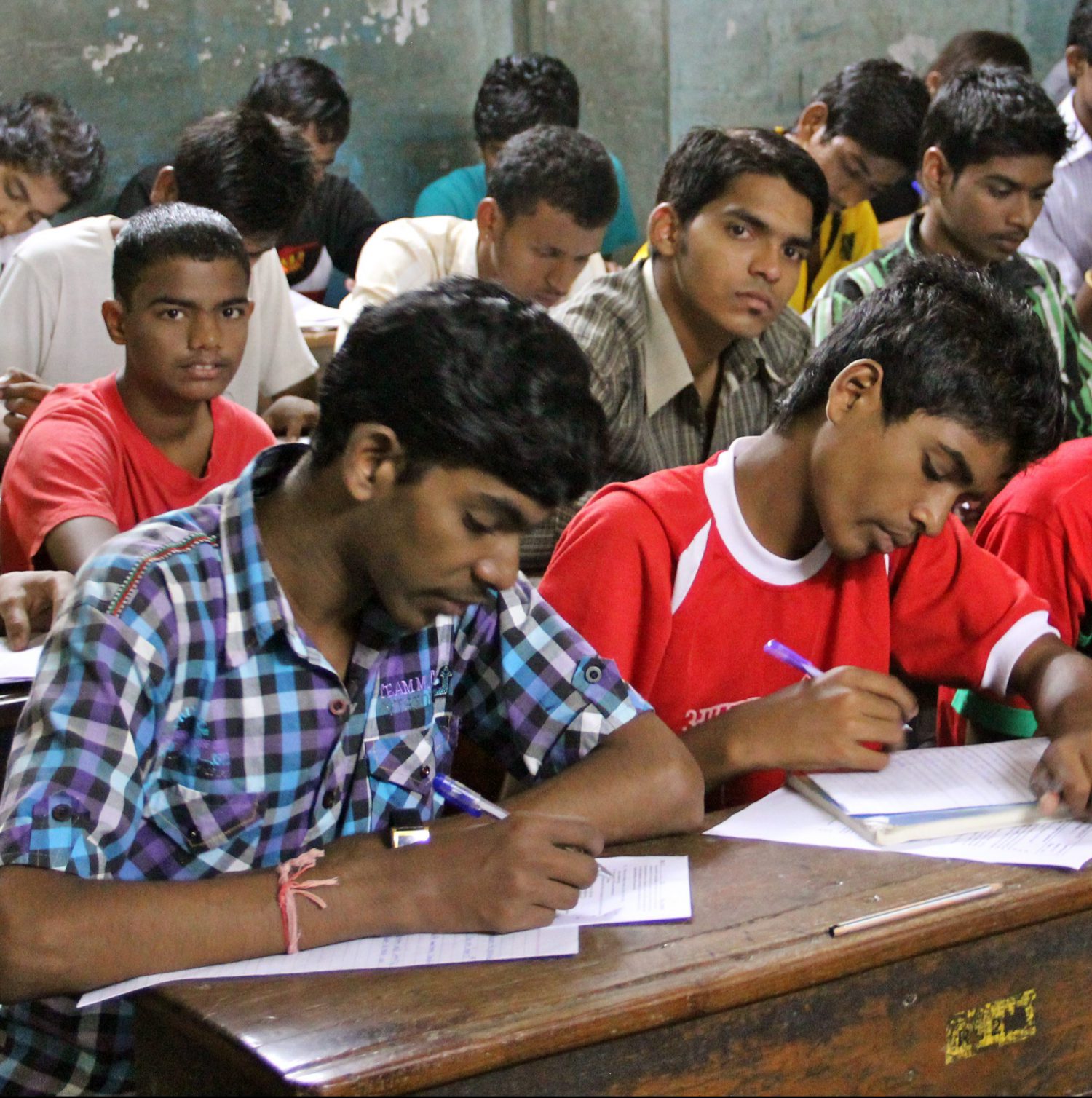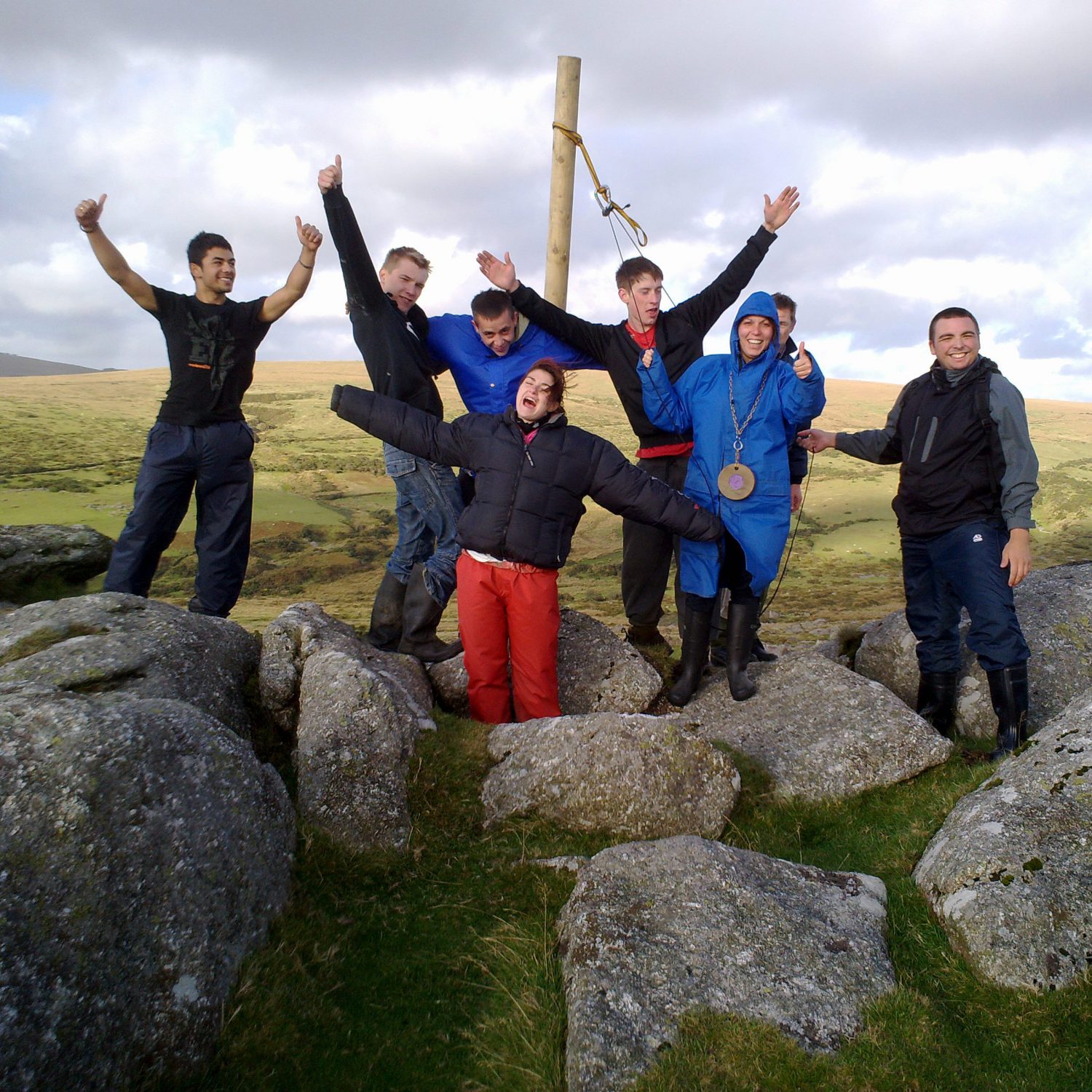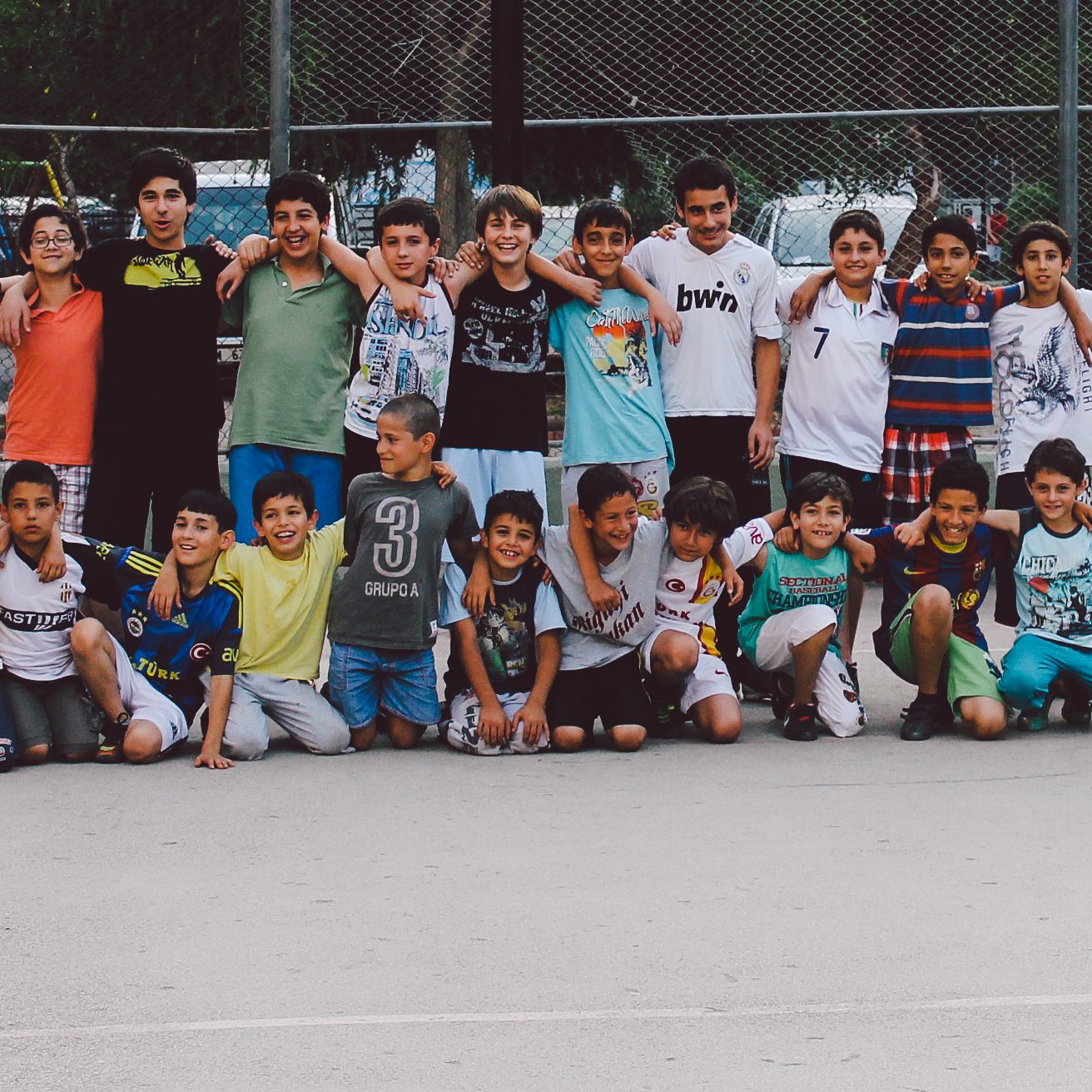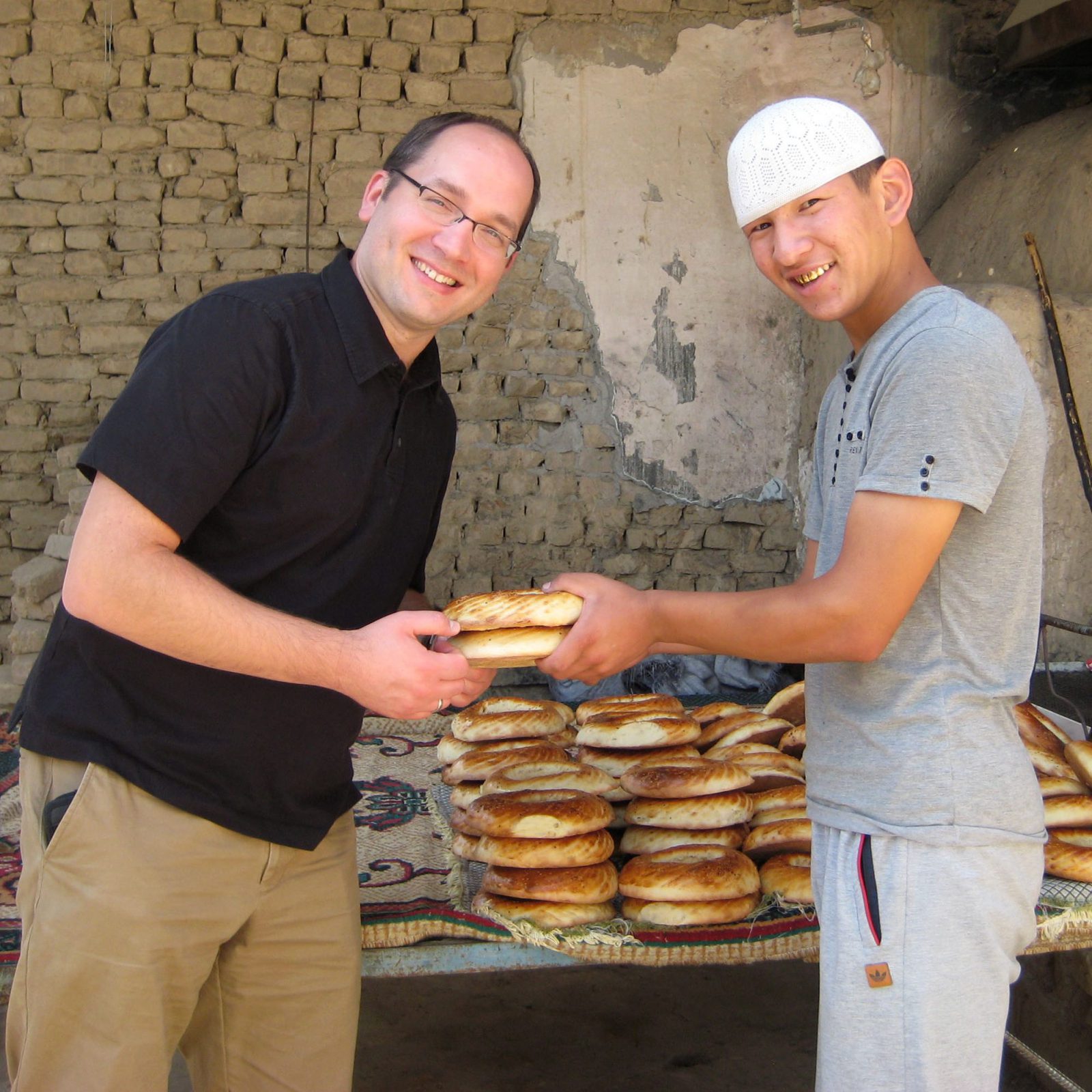Institute for Rural Initiatives / Alexanderfeld, Moldova
GFC grassroots partner Institute for Rural Initiatives recognizes that Moldova will not succeed without the contributions of all Moldovans—including girls and minority groups.
Moldova, located between Romania and Ukraine, is the poorest country in Europe. About half of Moldova’s population is living abroad. Earning a living wage is difficult throughout the country, but especially in the rural areas, where more than half of Moldova’s population lives. Due in part to corruption within Moldova’s government and a lack of funds, investment in the country’s rural areas has been limited.
Few organizations in the country understand the challenges for rural Moldovans better than GFC grassroots partner Institute for Rural Initiatives (IRI). IRI started 13 years ago as Ograda Noastra (Our Yard) in the small city of Cahul in southwestern Moldova. IRI’s focus is on building civic culture and increasing economic opportunities for children and families in Moldova’s poorest communities.
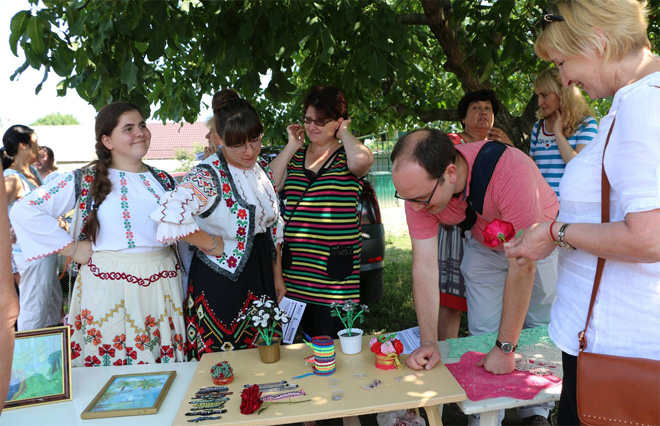
The organization works from the core belief that real community development cannot happen without a solid educational foundation and the participation of all parts of society—including girls and minorities like the Roma population. IRI recognizes that Moldova will not succeed without the full inclusion of social groups that have been excluded because of language, culture, or gender.
IRI’s innovative programs, including its Democracy Clubs and Roma empowerment programs, helped the organization achieve a national reputation for delivering high-quality services focused on inclusion in rural areas.
The organization’s recent name change from Ograda Noastra to the Institute of Rural Initiatives reflects its nationwide growth and diverse programs.
IRI now works in 39 communities all over Moldova. One of these communities is Alexanderfeld, a village in southern Moldova. As is the case with many other small communities around Moldova, many of Alexanderfeld’s people, especially men, are living abroad to earn a living and send money back to their families.
I visited the village with IRI staff on a hot, sunny day in June 2017. IRI staff, including co-executive director Tatiana Costev and program coordinator Elena Turcan, explained to me that we had arrived that day to be a part of an opening celebration for a new playground made possible by a fundraising and construction campaign led by IRI. The playground was a physical example of community development—dozens of people of all ages had contributed money, time, or other resources to open this playground in a previously vacant space. It was an exciting day for the village!
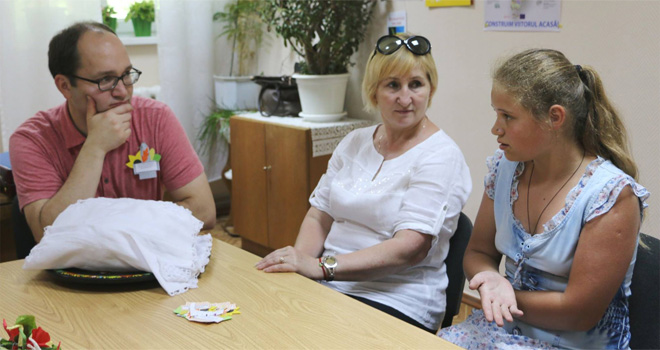
Across from the playground at the opening celebration was a table staffed by young entrepreneurs and their parents. IRI’s School of Young Entrepreneurs in Alexanderfeld serves over a dozen teenagers, most of whom create handicrafts, art, or clothing to sell in the community. After a chat with the teenage vendors, we walked over to the village school to talk more about the School of Young Entrepreneurs. I sat with eight young entrepreneurs, all girls, who had participated in the program. They told me about their initial challenges with trying to sell goods that they had made and the pride they felt after having sold most of their products.
I was particularly impressed by the business sense of a 12-year-old girl named Alexandra who had helped her parents run a successful tree nursery business. The girl’s family used a loan of 300 lei ($15) from IRI’s small-loan program to purchase baby trees from a farm. They then took the trees and sold them in front of their business in Alexanderfeld, making a profit of $30, a not insignificant sum in a place where many salaries are less than $50 a month.
It was fascinating to hear about how these girls were taking their first steps into the business world, and based on what I saw in Alexanderfeld, if this model is replicated throughout the country, Moldova’s future will be a little bit brighter.
Please learn more about IRI by visiting its website and Facebook page.
